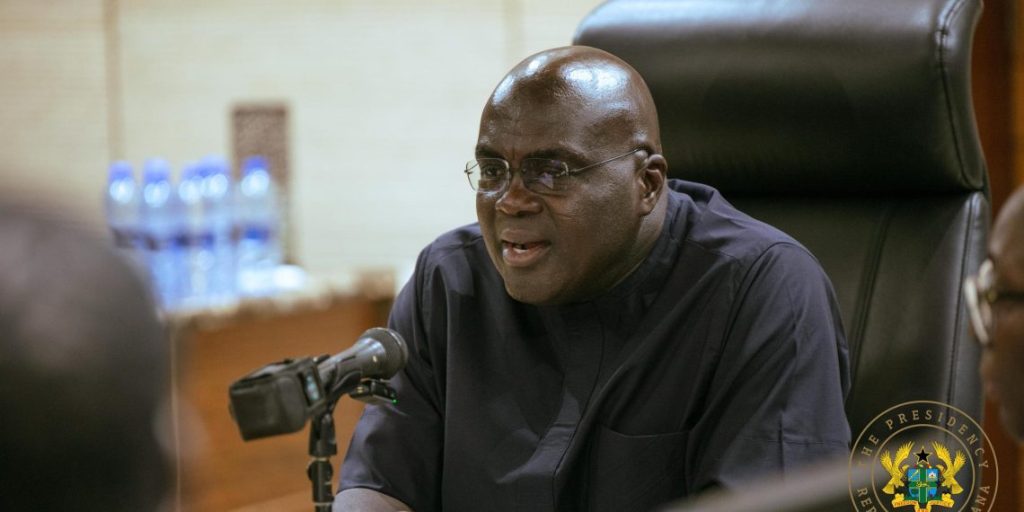Government has reaffirmed its determination to tackle corruption, describing it as a major obstacle to Ghana’s economic resilience, job creation, and global competitiveness.
Chief of Staff Julius Debrah, speaking at the launch of the Regional Stakeholder Engagement on the National Ethics and Anti-Corruption Action Plan (NEACAP 2026–2030), said corruption prevention remains central to the country’s development agenda.
“Corruption erodes investor confidence, clogs our institutions with inefficiency, and undermines the very trust that holds our democracy together,” Mr. Debrah warned. “It is the silent force that stalls progress, drains public resources, and drives our youth to seek opportunities abroad—even in countries that once looked up to Ghana.”
He stressed that the government’s 24-hour economy initiative and other transformative projects could be derailed if corruption is not addressed decisively.
Adding her voice, Executive Director of Transparency International Ghana, Mary Awelana Addah, urged a collective, citizen-led approach to fighting corruption.
“The fight against corruption can’t be left to the government, nor can it be reduced to sloganeering; it must be a national commitment, a partnership of leaders and citizens alike,” she said. “Let us commit to shaping a plan that is truly inclusive, where no voice is silenced, no community is excluded, and no citizen is left behind.”
The NEACAP 2026–2030 framework seeks to strengthen accountability systems, reinforce public trust, and promote a culture of ethics across state institutions and society.

